News
-
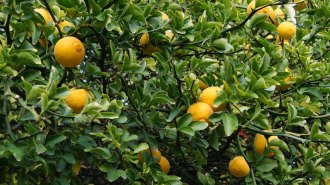 Plants
PlantsThe first citrus fruits may have come from southern China
An in-depth look at the orange family tree shows the oldest Citrus ancestors arrived in Asia on the Indian tectonic plate over 25 million years ago.
-
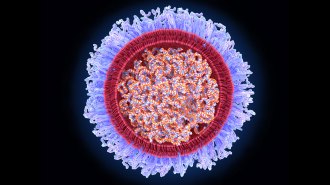 Health & Medicine
Health & MedicineEarly mRNA research that led to COVID-19 vaccines wins 2023 medicine Nobel Prize
Biochemists Katalin Karikó and Drew Weissman devised mRNA modifications to make vaccines that trigger good immune responses instead of harmful ones.
-
 Science & Society
Science & SocietyCurbing pedestrian stops might not reduce police-civilian encounters
In Chicago, traffic stops soared as pedestrian stops fell. Single policy changes therefore don’t tell the whole policing story, researchers say.
By Sujata Gupta -
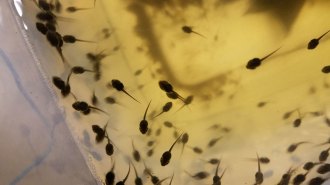 Animals
AnimalsThe right bacterial mix could help frogs take the heat
Wood frog tadpoles that receive a transplant of green frog bacteria can swim in warm waters, revealing another role for microbiomes: heat tolerance.
-
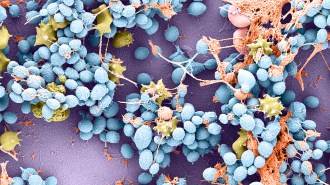 Health & Medicine
Health & MedicineHow a deadly fungus is so good at sticking to skin and other surfaces
One of Candida auris’ scary superpowers is its stick-to-itiveness. Unlike other fungi, the pathogen uses electrical charges to glom onto things.
-
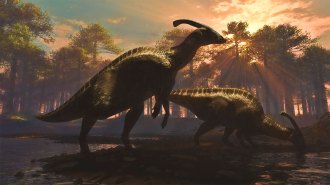 Paleontology
PaleontologyNew computer analysis hints volcanism killed the dinosaurs, not an asteroid
Scientists take a creative approach to investigating what caused the mass extinction 66 million years ago, but the debate is far from settled.
-
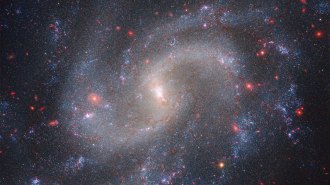 Cosmology
CosmologyNew JWST images suggest our understanding of the cosmos is flawed
JWST data don’t resolve a disagreement over how fast the universe is expanding, suggesting we might need strange new physics to fix the tension.
-

Antimatter falls like matter, upholding Einstein’s theory of gravity
In a first, scientists dropped antihydrogen atoms and measured how they fell.
-
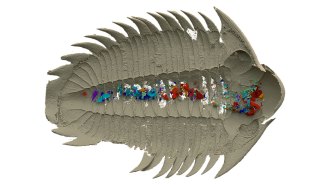 Paleontology
PaleontologyA one-of-a-kind trilobite fossil hints at what and how these creatures ate
The preserved contents suggest the trilobite fed almost continuously and had a gut environment with an alkaline or neutral pH, researchers say.
By Sid Perkins -
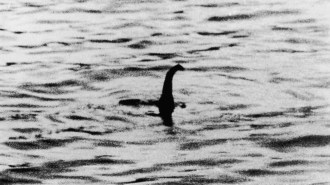 Animals
AnimalsSeen Bigfoot or the Loch Ness Monster? Data suggest the odds are low
Floe Foxon is a data scientist by day. But in his free time, he applies his skills to astronomy, cryptology and sightings of mythical creatures.
By Meghan Rosen -
 Health & Medicine
Health & MedicineHere’s how much coronavirus people infected with COVID-19 may exhale
Just breathing naturally can lead people with COVID-19 to emit dozens of copies of viral RNA a minute and that can persist for eight days, a study finds.
-
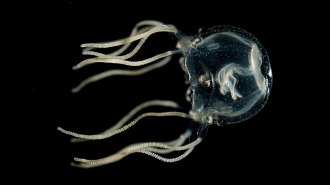 Animals
AnimalsThese brainless jellyfish use their eyes and bundles of nerves to learn
No brain? No problem for Caribbean box jellyfish. Their seemingly simple nervous systems can learn to avoid obstacles on sight, a study suggests.